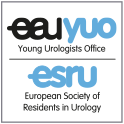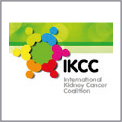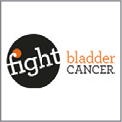Il successo delle Informazioni del Paziente dell’EAU, viene dal lavoro di numerosi collaboratori che lavorano insieme in progetti ed iniziative comuni.
Asklepios Kliniken
German translations were carried out under the auspicies of Asklepios Kliniken, Harburg, Germany.
People and top quality medical care are the central focus at Asklepios.
Read more about Asklepios Kliniken
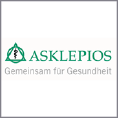
EAU Guidelines Office
The EAU Guidelines Office is responsible for the production of the EAU Guidelines. These Guidelines provide evidence-based clinical recommendations for urological care. The whole field of urology is covered by 23 working panels, comprising some 200 international experts. The EAU Guidelines are updated regularly, presented in different formats, and are available in various publications. The material can also be accessed via the website where it is also available in several languages.
Read more about the EAU Guidelines
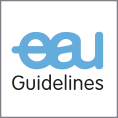
European Association of Urology Nurses (EAUN)
The EAUN represents more than 2,500 nurses, all working in urological care. It is a lively, dynamic organization with a focus on the importance of excellent urological nursing, especially for the patient. The society supports urology nurses through educational and scientific activities as well as through various publications.
Read more about EAUN
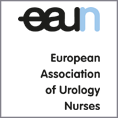
EAU Section of Urolithiasis
The EAU Section of Urolithiasis (EULIS) aims to facilitate advancement of knowledge, investigation and treatment of urolithiasis and to promote dialogue, research, education and training into all aspects of urinary stone disease.
Read more about EULIS
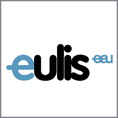
Urolithiasis Section of the EAU Young Academic Urologists Group
The Urolithiasis Section of the EAU Young Academic Urologists Group is represented by young and enthusiastic urologists who are interested in urology research and academic activities related to the diagnosis and treatment of stone disease.
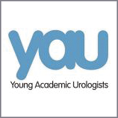
European Cancer Patient Coalition (ECPC)
Established in 2003, the European Cancer Patient Coalition (ECPC), is the voice of the European cancer patient community, uniquely representing the interests of all cancer patient groups from the most common to the rare forms of cancer.
ECPC interacts fruitfully with EU institutions and Member States, advocating the patients’ perspective. The organisation is part of the Expert Group on Cancer Control of the European Commission as well as a key participant in the Joint Action on Rare Cancers of the European Commission. ECPC is also involved in five work packages of the EU Joint Action on Cancer Control (CanCon). ECPC has also established partnerships with the most important scientific and medical societies (ESMO, ESTRO, ECCO), research centres and cancer institutes (OECI, EORTC), the Union for International Cancer Control (UICC).
The ECPC and the EAU embarked upon the EAU Patient Information Project on Bladder Cancer in 2015. This collaboration is based on patient feedback and is considered an important step in the development of patient information, bringing together two major players responsible for the dissemination of accurate information to cancer patients throughout Europe.

Europa Uomo, the European Prostate Cancer Patient Coalition
Europa Uomo, the European Prostate Cancer Patient Coalition, represents and supports patients and patient support groups with prostate cancer and prostate diseases in general. Our goals include increasing awareness, risk adapted early detection of prostate cancer, organization of specialized prostate cancer treatment facilities, institutionalizing use of patient focused health outcome indicators, coordinated research, improved quality of life and reduction of mortality.
Europa Uomo collaborates with the professional organizations to provide patient feedback and receive information on evidence-based treatments for educating men on holistic care. EUomo cooperates with other patient support groups in the spirit of solidarity in advocacy.
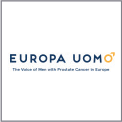
The European Society of Residents in Urology (ESRU)
The ESRU is part of the Young Urologistis Office, together with the Young Academic Urologists and the young non-academic urologists. The ESRU works in close cooperation
with the European Board of Urology (EBU) and the European Association of Urology (EAU) in matters concerning the training and education of residents in urology.
The ESRU initiates several projects that encourage future and young specialists in urology to acquire new perspectives by exchanging knowledge, experience and becoming familiar with various urology departments across Europe.
Read more about ESRU
